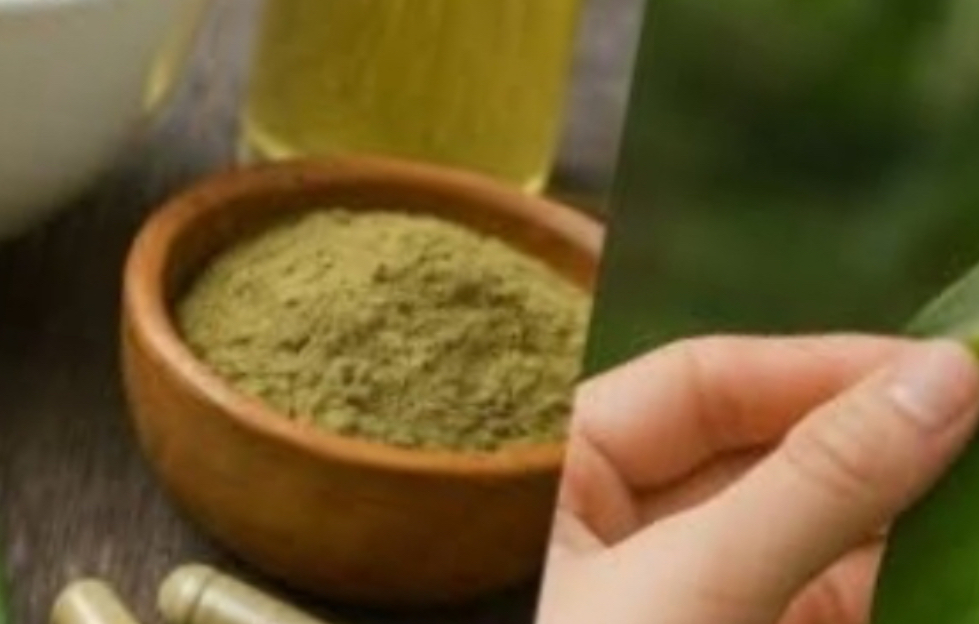Supports Heart and Metabolic HealthSeveral animal studies, including one from the Journal of Ethnopharmacology (2016), have shown that moringa may help lower cholesterol and triglyceride levels. These effects could be beneficial for heart health, though more human studies are needed.In addition to potential cholesterol benefits, moringa’s anti-inflammatory properties may contribute to better metabolic health overall. Chronic inflammation is a known factor in various metabolic disorders, and natural compounds in moringa could help manage that risk.🔬 Can Moringa Help Prevent Cancer?Moringa is sometimes promoted as a natural cancer-fighter, but it’s important to approach such claims cautiously. Lab studies, like one published in Oncology Reports (2015), showed that moringa leaf extracts slowed the growth of certain cancer cells in a test-tube setting.However, these results are not the same as clinical trials in humans. Currently, there’s no scientific proof that moringa can prevent or cure cancer in real-world settings.What we can say is that moringa’s antioxidants—when part of a diet rich in fruits and vegetables—may support general cellular health. As the American Cancer Society points out, a balanced diet filled with whole, plant-based foods is one of the best strategies for long-term well-being. How to Add Moringa to Your DietThe good news? Adding moringa to your meals is simple and enjoyable. Whether you’re an experienced health enthusiast or just getting started, there are several easy ways to introduce moringa into your routine.One popular method is blending moringa powder into a smoothie. Just a teaspoon in your morning blend adds a nutritional punch without overpowering the flavor. It also pairs well with fruits like bananas, mangoes, or pineapple.You can also steep dried moringa leaves into a mild, earthy tea. Let the leaves simmer in hot water for about 5 to 7 minutes, then sip and enjoy a calming, caffeine-free drink that supports hydration and wellness. Use Moringa in CookingFresh or dried moringa leaves can be sprinkled into soups, stir-fries, or even mixed into scrambled eggs. Their slightly bitter, spinach-like taste adds depth to savory dishes and pairs well with spices like turmeric, ginger, and garlic.For those who prefer convenience, moringa supplements in capsule form are widely available. Always check the label for third-party testing and consult a healthcare provider before starting a new supplement, especially if you’re taking medications. Potential Side Effects and PrecautionsLike any powerful plant-based supplement, moringa should be consumed with care. Although generally safe for most people, certain precautions should be taken.Some people may experience mild digestive discomfort when they first start using moringa. Nausea, bloating, or diarrhea may occur if too much is consumed at once. It’s best to start with small amounts and monitor how your body reacts.Additionally, moringa may interact with certain medications. According to Mayo Clinic, it could affect how diabetes and thyroid medications work. Always speak to your doctor if you’re on prescription drugs or managing chronic health conditions. Moringa and Pregnancy: What to KnowPregnant women should avoid moringa root and bark, as traditional usage suggests they may contain compounds that could stimulate the uterus. While moringa leaves are generally considered safe in small amounts, it’s best to consult a doctor before consuming any part of the plant during pregnancy or while breastfeeding.Also, ensure that you purchase moringa from reputable sources to avoid contamination with heavy metals or pesticides. High-quality, organic-certified products are the safest option. Why Moringa Deserves a Spot in Your RoutineSo why is moringa getting so much attention in modern health circles? Its impressive nutrient profile makes it a smart choice for anyone looking to naturally support energy, immunity, and cellular health.Moringa is also incredibly accessible. You don’t need fancy equipment or expensive ingredients—just a teaspoon of powder or a handful of leaves can add powerful nutrients to your day. And its versatility in both cooking and supplements makes it easy to stick with.By incorporating moringa into a balanced, plant-forward diet, you can take a small but meaningful step toward long-term health and vitality. Final Thoughts on Moringa’s PotentialMoringa is not a miracle cure—but it is a nutritious, time-tested addition to a healthy lifestyle. Backed by tradition and supported by early research, it offers antioxidant, anti-inflammatory, and metabolic support when consumed in moderation.As with any wellness habit, consistency is key. Combine moringa with a diverse mix of colorful vegetables, lean proteins, healthy fats, and whole grains for a well-rounded approach to nutrition.
This Ancient Leaf Is Making a Modern Comeback—Should You Try It Too?

